Research Integrity
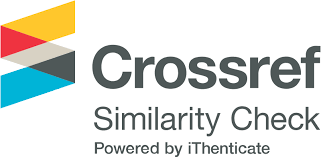
Anti-plagiarism Checking
A combination of pre-screening and open access is the best possible defence against plagiarism. All articles submitted to JESLA are automatically screened for plagiarism by the CrossCheck system from CrossRef. This system compares incoming articles to a large database of academic content, and alerts editors to any possible issues.

Rigorous Peer Review
JESLA ensures that all research output is thoroughly peer reviewed by external reviewers in a double-blind process. This journal adheres to the COPE guidelines for best practice.

Open Licenses
All content in JESLA is published under Creative Commons Licences, which ensure that copyright remains with authors and editors. If you publish with us you retain ownership of your work, and how your work can be shared, used and reused depends on the Creative Commons Licence applied. Full attribution is required to accompany all reuse and dissemination.
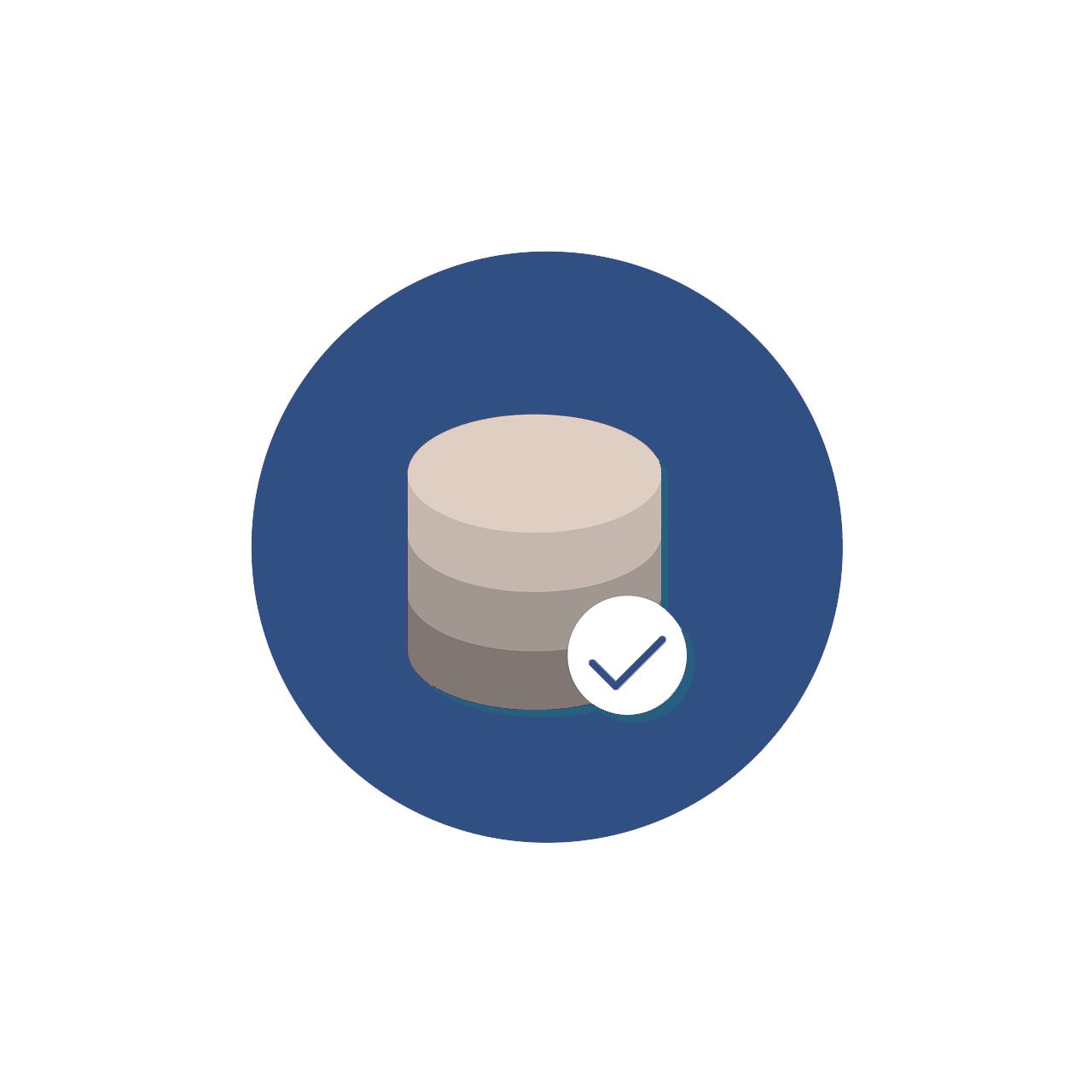
Research Data
JESLA strongly encourages authors whose papers will be published in the journal to make the associated research materials openly available. This includes data-collection instruments, research data etc. This enables the research community and wider public to validate authors’ work, and to extend and build upon it more easily. There are different mechanisms to share these research materials. JESLA recommends the Open Science Framework (OSF), a free and open-source online portal that allows researchers to share their research materials publicly. Authors who upload their research materials to the OSF, or similar, should include a statement in their article that directs readers to the web application for the materials. Sharing research materials in this way can also help keep papers within the required word count, as it removes supplementary materials from the 8,500 word limit.
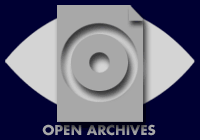
Indexing
All our content is assigned a Digital Object Identifier (DOI) which is a permanent access point for the content. This means that all citations can be tracked by the publishing and academic communities. We actively engage in the indexing process. Currently this journal is indexed by the following services:
- DOAJ Directory of Open Access Journals
- Norwegian Register for Scientific Journals, Series and Publishers
- MLA International Bibliography
- Google Scholar
- EBSCO Knowledge Base
- EBSCOhost
- Chronos
- CrossRef
- SHERPA RoMEO
- JISC KB+
- Ex Libris
- OpenAIRE
All of our article metadata is openly available for harvesting by these indexing services and other aggregators via OAI-PMH.
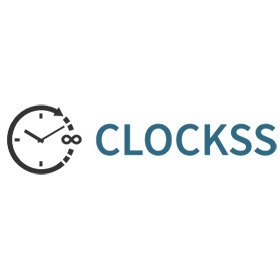
Archiving
As members of CLOCKSS (Controlled Lots of Copies Keep Stuff Safe) our content is regularly archived with many of the world''s leading research libraries. The CLOCKSS archive ensures that JESLA content will always be made available as open access, in any eventuality.
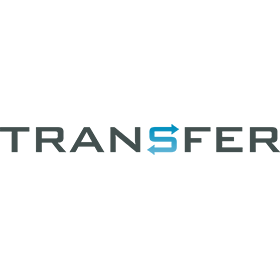
No Lock-in
JESLA publishes with White Rose University Press who use open, non-proprietary standards for all their content, meaning that it can be easily transferred to archives and other publishers. All of our article XML is compliant with the Journal Archiving Tag Suite (JATS) schema.


